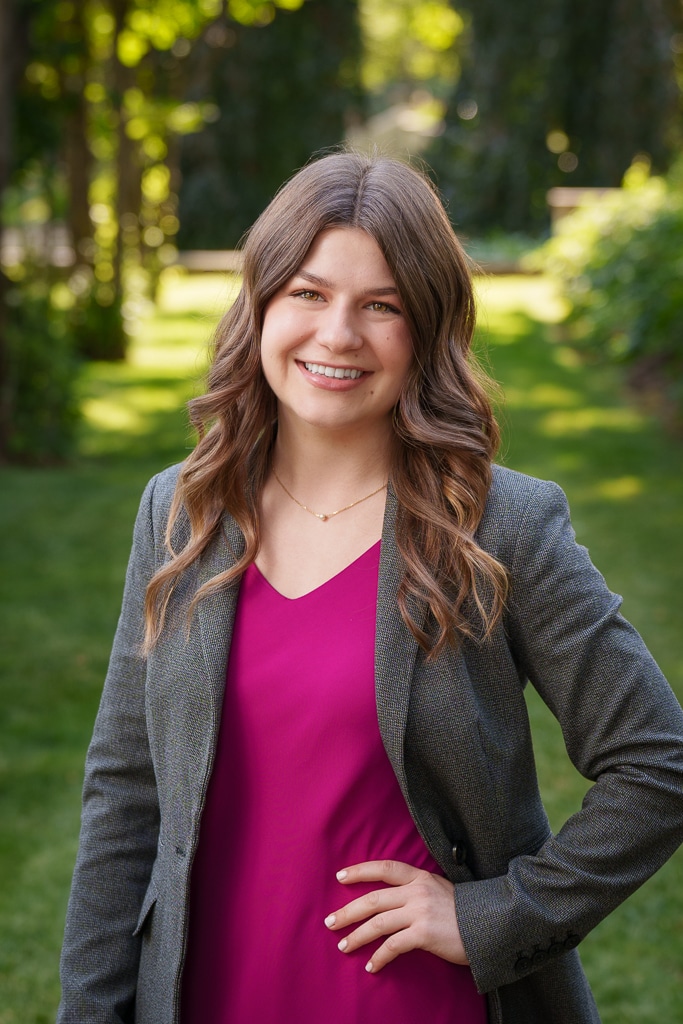During my time as a K-12 substitute teacher, I may have learned more from observing my students than they learned from my teaching. They exhibit skills that we, as adults, must also have once possessed but lost during the complications of growing up. In fact, watching children build friendships with individuals different from their own background follows a very straightforward but effective two-step process. This is the same process I have adopted today, rooted in principles of humility, genuine curiosity, and acceptance.
Step One: Connect with others by focusing on your similarities. For a six-year-old, these similarities are extremely important and can be as surface-level as wearing the same-colored shirt or sharing a favorite fictional character. As we grow up, we tend to regard these similarities as irrelevant or coincidental – and often go so far as noticing others’ differences before we attempt to connect on our similarities. I have learned that this approach often highlights points of division rather than unity, as it once did when we were children.
Step Two: Approach areas of difference with genuine curiosity and humility. This challenges personal biases and stereotypes. However, this often comes second nature to children. For example, when a child notices another child eating something at lunch that they are unfamiliar with, they engage respectfully and humbly in curiosity. Many times, I have witnessed students try new foods with their peers and then, with enthusiasm, go home and ask their parents to make that same dish.
Teaching has provided me with greater education about myself and the world around me more than I ever taught my students. From my experience, I have learned that to engage effectively with communities I do not personally identify with, I must first recognize our similarities within humanity, and then, when differences arise, approach with genuine, respectful curiosity. Although they may be young, the lessons I learned from kindergartners are not elementary. The future of our world is currently being formed through these playground interactions, and I feel incredibly grateful to learn these lessons from 6-year-olds.



